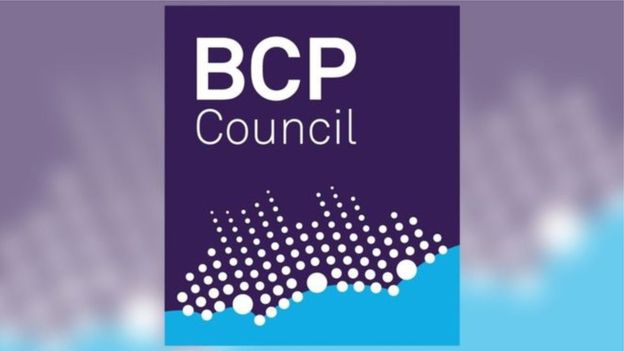This year’s Youth Justice Plan is being considered today and despite funding pressures, the service still boasts some of the lowest young offending figures in the country.
At its meeting today, (26 June) BCP’s Children’s Services Overview and Scrutiny Committee (CSOSC) is expected to recommend that the Youth Justice Plan (YJP) be approved by the Council.
The Youth Justice Plan provides information on the success, structure, governance and resourcing of Dorset Combined Youth Offending Service (DCYOS) as well as analysing their past performance compared to the national picture.
Important challenges
The plan outlines the challenges facing those who police young people, on both a local and national level with ‘County lines’ drug trafficking deemed to be a significant risk with young people being sent to our area in order to move drugs.
The report says: “Colleagues in Dorset Police and our local children’s social care services work hard to safeguard these children but are hindered by the lack of a nationally mandated approach to this issue.”
Parliament has discussed the issue but as of yet has not put forward any response.
Further to the theme of child exploitation, anti-social behaviour and substance use by underage people was put forward as an important local issue, with the report saying: “Local authority work to safeguard these children and control their anti-social behaviour can sometimes lack co-ordination.”
DCYOS team members have attended training classes and shared knowledge of previous cases, in the hope that this will improve handling of child exploitation cases.
Further measures included appointing ‘appropriate adults’ for at-risk children.
How is success measured?
Three main statistics are used to quantify the success of DCYOS’ work:
- Reducing first time entrants to the youth justice system
- Reducing re-offending
- Appropriately minimising the use of custodial sentences.
Dorset Combined Youth Offending Service is performing well when it comes to numbers of young people re-offending within 12 months of being put in contact with the service. The figure stands at 33%, which is 8% lower than the national average of 41%.
Localised data shows that 10 to 13-year-olds are the most likely to re-offend, followed by 15-year-olds.
Children who have been in care at some point in their life are also more likely to re-offend than those who have not.
Custodial sentences continue the trend of being considerably lower than the national average, with there being only 0.06 per 1,000 of 10 to 17-year-olds in custody as opposed to 0.32 per 1,000 nationwide.
Although the figures appear to look good compared to the national picture, there is one area of concern however. Over the last two years there has been a noticeable rise in first time entrants to the youth justice system within the Dorset area, increasing from around 275 per 100,000 in 2016/17 to just shy of 350 per 100,000 in 2018/19
This is now much higher than the national average of 250 per 100,000, which has been declining year-on-year over the last five years.
The figures look fairly promising for our area and show a service which is working well in light of the £285,459 reduction in funding between 2014/15 and 2019/20, although the majority of this drop comes from a £201,706 reduction in Youth Justice Board funding.
The Youth Justice Plan to be considered by BCP Council can be found here.


